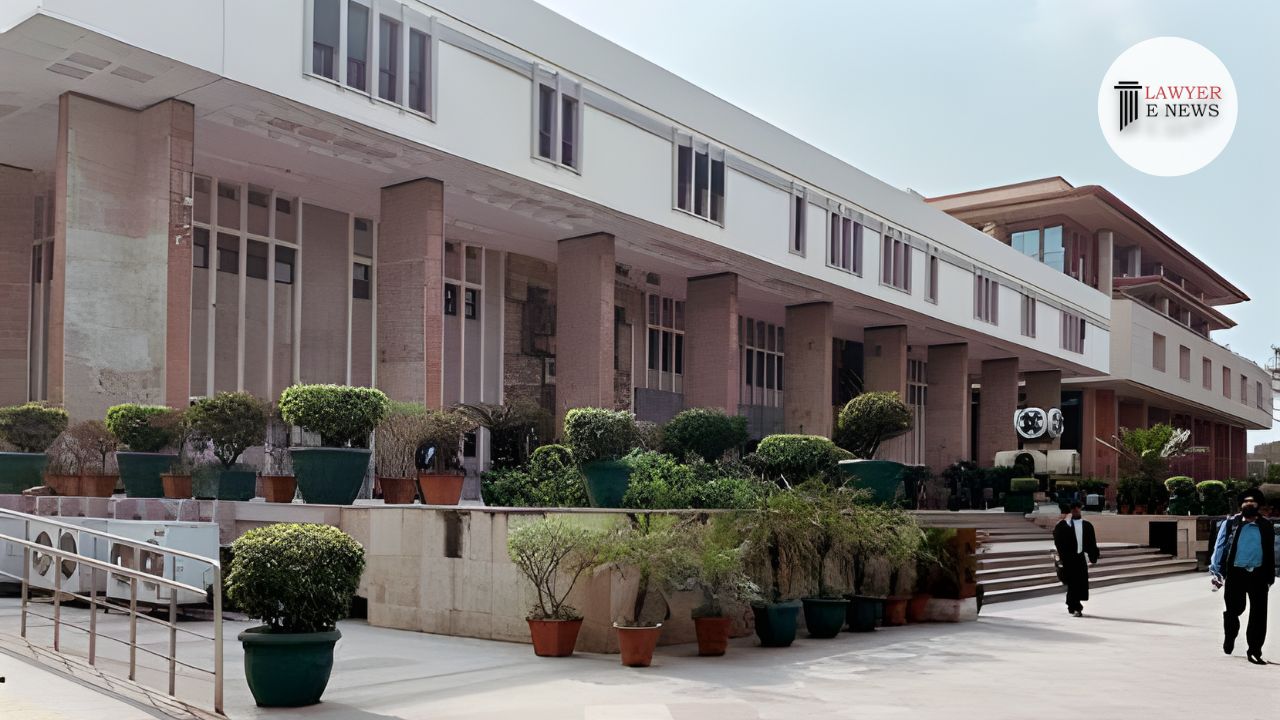-
by sayum
14 February 2026 2:22 PM



The High Court of Delhi today dismissed a Public Interest Litigation (PIL) filed by K N Govindacharya, seeking directions for the notification of designated officers of intermediaries under various Information Technology Rules. The Bench comprising Hon’ble The Acting Chief Justice and Hon’ble Ms. Justice Manmeet Pritam Singh Arora observed, “No merit in the petition.”
The PIL revolved around the enforcement of certain provisions under the Information Technology Act, 2000, and subsequent rules. Specifically, the petitioner sought the public notification of the details of designated officers appointed by intermediaries under Rule 13 of the Information Technology (Procedure and Safeguards for Blocking for Access of Information by Public) Rules, 2009.
The petitioner expressed concerns about rising cyber-crimes and national security issues, contending that public disclosure of these officers would aid in addressing these concerns. However, the respondent, Facebook Inc., argued that their officer under Rule 13 had been appointed but was not required to interact with the public.
The Court found no basis for the petitioner’s request, noting that the officer appointed under Rule 13 is meant solely for interaction and coordination with the Central Government’s Designated Officer under Rule 3 of the Rules of 2009. “There is no obligation under the Rules to publicly notify the officer’s details,” the Court stated.
The Court further differentiated between Rule 4, requiring the publication of Nodal Officer details, and Rule 13 of the Rules of 2009, which does not necessitate public notification of designated officers of intermediaries.
Given the establishment of a grievance redressal mechanism under the Information Technology (Intermediary Guidelines and Digital Media Ethics Code) Rules, 2021, the Court concluded that the petition lacked merit. The Bench remarked, “With the appointment of the Grievance Officer under Rule 3(2) and Grievance Appellate Committee under Rule 3A of the Rules of 2021, the public now has access to a robust grievance mechanism.” Consequently, the petition and pending applications were disposed of.
Date of Decision: February 13, 2024.
K N Govindacharya Vs. Union of India & Ors,
